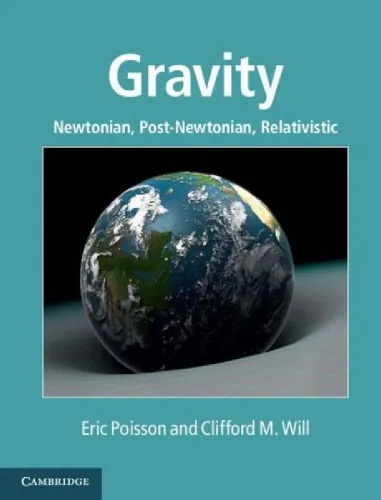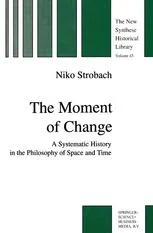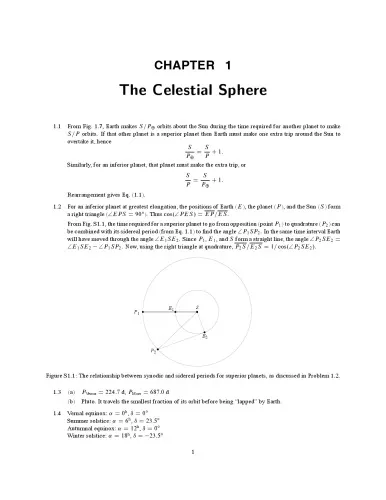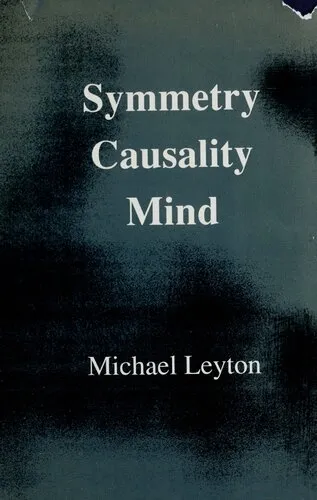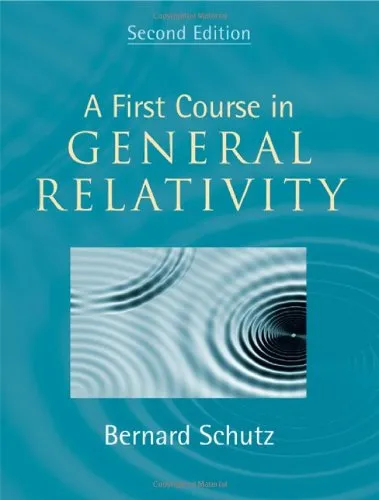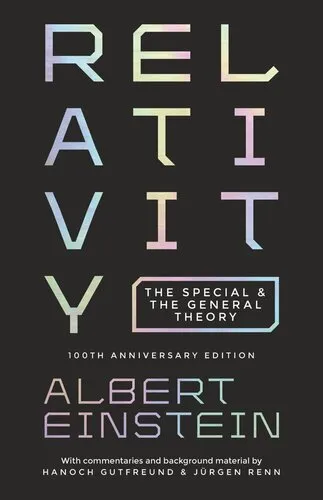The Relativity of Deviance
5.0
Reviews from our users

You Can Ask your questions from this book's AI after Login
Each download or ask from book AI costs 2 points. To earn more free points, please visit the Points Guide Page and complete some valuable actions.Related Refrences:
Introduction
Welcome to "The Relativity of Deviance," a profound exploration into the world of deviance and its fluid definitions across different societies and cultural contexts. This book is not just an academic exploration, but a comprehensive guide that helps illuminate how societal norms and values shape our understanding of what is considered 'deviant'. In this introductory section, we aim to provide an insightful overview, setting the stage for the indepth analysis presented in the subsequent chapters.
Detailed Summary of the Book
"The Relativity of Deviance" delves into the complex world of deviance—a concept often misunderstood and misrepresented in everyday discourse. Deviance is not a fixed notion but rather one that changes with context, culture, and time. Throughout this book, the fluidity of deviance is explored through various perspectives, engaging the reader with comparisons of historical and contemporary examples. Through sociological theories and empirical studies, this book challenges readers to question the norms and standards they have been taught.
Each chapter of the book investigates different themes including the role of power in defining deviance, the impact of globalization, the interplay between deviance and identity, and the controversial yet intriguing world of moral panics. The intention is to show that deviance is relative, and what one society regards as deviant, another may celebrate as normal.
Key Takeaways
Deviance is a socially constructed concept that differs across cultural and temporal contexts.
Power dynamics play a crucial role in defining what is considered deviant.
Globalization has led to the interaction of multiple cultural perspectives, further complicating the definition of deviance.
The media can significantly influence societal perceptions of deviant behavior through moral panics.
Understanding deviance requires a critical examination of societal norms and values.
Famous Quotes from the Book
"Deviance is not a property inherent in any particular kind of behavior; it is a property conferred upon that behavior by the people who come into contact with it."
"In understanding deviance, we understand more about ourselves and the societies we inhabit."
Why This Book Matters
"The Relativity of Deviance" matters because it reshapes the dialogue around deviance, prompting critical reflection on the norms that define our societies. By recognizing that deviance is not an absolute value but an ever-evolving concept, readers are encouraged to view behaviors and actions through a more inclusive, open-minded lens. This book is integral for students, educators, policymakers, and anyone interested in the societal forces that define conformity and deviance.
The book not only educates readers on the complexities of deviance but also invites them to become active participants in the ongoing conversation about norms, ethics, and societal change. Through its detailed analysis, "The Relativity of Deviance" facilitates a deeper understanding of how deviance is an instrumental part of human social structure.
Free Direct Download
You Can Download this book after Login
Accessing books through legal platforms and public libraries not only supports the rights of authors and publishers but also contributes to the sustainability of reading culture. Before downloading, please take a moment to consider these options.
Find this book on other platforms:
WorldCat helps you find books in libraries worldwide.
See ratings, reviews, and discussions on Goodreads.
Find and buy rare or used books on AbeBooks.
1437
بازدید5.0
امتیاز0
نظر98%
رضایتReviews:
5.0
Based on 0 users review
Questions & Answers
Ask questions about this book or help others by answering
No questions yet. Be the first to ask!


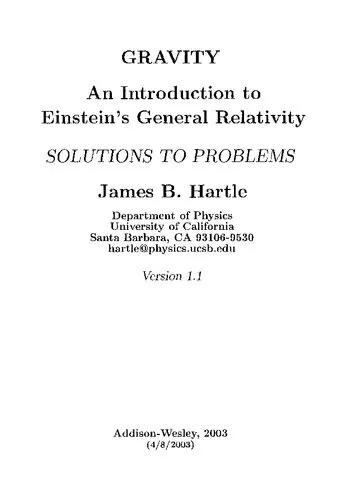
![Relativity Visualized [elem txt]](https://s3.refhub.ir/images/thumb/Relativity_Visualized__elem_txt_16493.webp)
